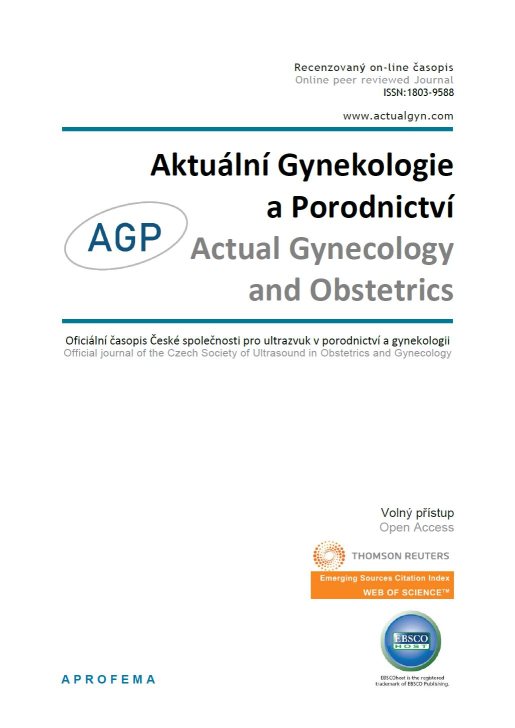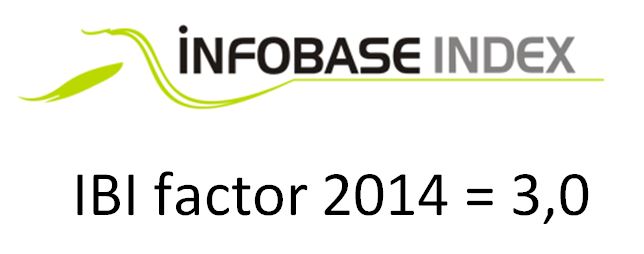











 Official publication of the Czech Society of Ultrasound in Obstetrics and Gynecology.
Official publication of the Czech Society of Ultrasound in Obstetrics and Gynecology.

Objective: Current view on pregnant women with multiple sclerosis (MS), the analysis of pregnancy outcomes of these women with MS in the Motol Hospital in the years 2003-2011.
Design: Retrospective analysis
Methods: Analysis of 76 pregnant women with MS – to assess the impact of pregnancy on the activity of the disease (breastfeeding and used analgesia in relation on the relapse rate post partum) and the impact of the disease on the course of pregnancy (pregnancy complications, differences in the management of labor, and perinatal outcomes).
Results: Relapse during pregnancy occurred in 4 out of the 76 women (5.3% relapse rate – RR 0.08). 17 women experienced a post partum relapse in the first six months after delivery (22.4%, RR 0.46). 18.4% breastfeeding women (9/49, 18.4%) had post partum relapse in comparison with 33.3% women, who did not breastfeed (8/24, 33.3%), p = 0.2375 (OR=0.45, 95% CI 0.15-1.37). 13.6% women (3/22, 13.6%) with post partum relapse used epidural analgesia (EDA), 25.9% women (14/54, 25.9%) with relapse did not used it, p = 0.3648 (OR = 0.45, 95% CI 0.12-1.76). Pregnancy did not influence the progress of disability (EDSS 1.4 or EDSS 1.6). 75% women had uncomplicated vaginal delivery, the incidence of serious pregnancy complications was not increased, and the perinatal outcomes are comparable with the general population.
Conclusion: Consistent with recent studies, we evaluated decreasing relapse rate during pregnancy. In the post partum period the relapse rate has increased, however the pregnancy did not influence the disability progress in 12 months postpartum. Neither breastfeeding nor epidural analgesia correlated with presence of post partum relapses. In most cases, the pregnancies in patients with MS were physiological, the method of delivery and the overall perinatal outcomes are comparable with the general population. There is no need to worry about pregnancy in stabilized patients with MS.